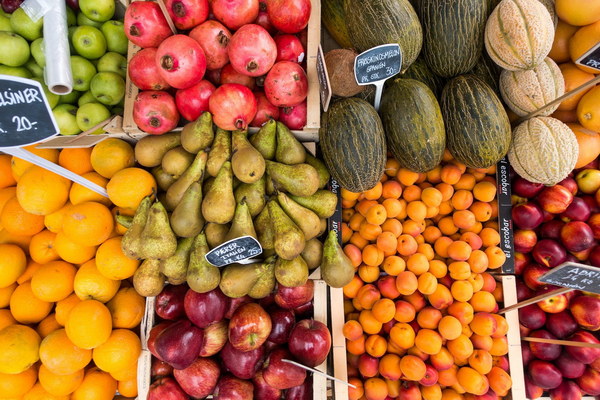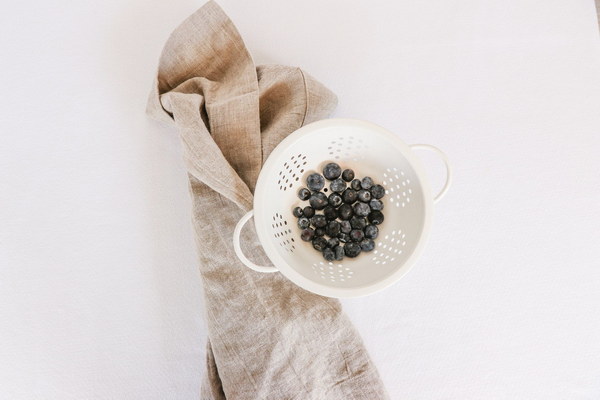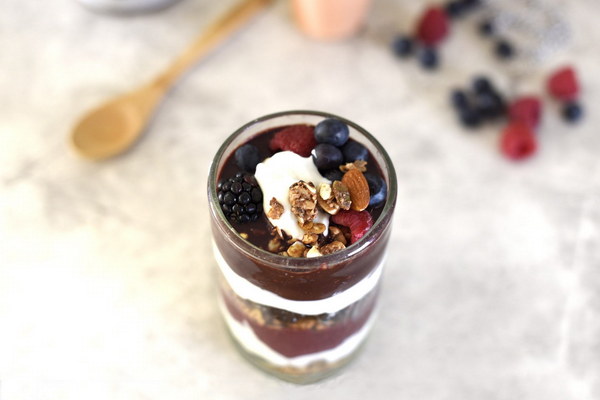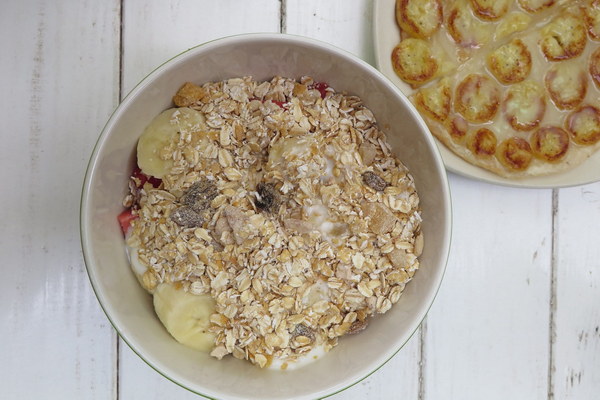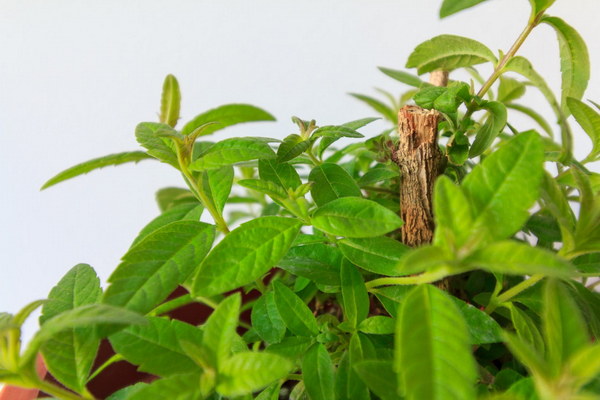Natural Remedies for Diarrhea How Dietary Adjustments Can Soothe Your Stomach
Introduction:
Diarrhea can be a disruptive and uncomfortable condition, affecting millions of people worldwide. While medication can provide immediate relief, natural remedies, particularly dietary adjustments, can offer a more holistic approach to treating and preventing diarrhea. In this article, we will explore the various dietary strategies that can help soothe your stomach and alleviate the symptoms of diarrhea.
1. Hydration:
The first step in treating diarrhea is to ensure adequate hydration. Diarrhea can lead to dehydration, which can exacerbate the condition and cause further discomfort. To stay hydrated, drink plenty of fluids, such as water, clear broths, and electrolyte solutions. Avoid caffeine and alcohol, as they can further dehydrate the body.
2. BRAT Diet:
The BRAT diet, which stands for bananas, rice, applesauce, and toast, is a traditional dietary approach for treating diarrhea. These foods are low in fiber and fat, which can help reduce the severity of diarrhea. Bananas are a good source of potassium, which is essential for maintaining fluid balance, while rice and applesauce provide soothing properties. Toast, being low in fiber, can help absorb excess fluid in the digestive tract.
3. Fermented Foods:
Fermented foods, such as yogurt, kefir, and sauerkraut, are rich in probiotics, which are beneficial bacteria that help maintain a healthy gut flora. Probiotics can aid in restoring the balance of good bacteria in the intestines, which may be disrupted during episodes of diarrhea. Incorporate these foods into your diet in moderation to support your digestive system.
4. Gentle Foods:
During diarrhea, it's essential to consume foods that are gentle on your stomach. Foods like mashed potatoes, oatmeal, and cooked carrots can be soothing and provide essential nutrients. These foods are easy to digest and can help reduce the frequency and severity of diarrhea symptoms.

5. Reduce Fiber Intake:
While fiber is important for maintaining a healthy digestive system, excessive fiber can exacerbate diarrhea. During episodes of diarrhea, it's best to reduce your fiber intake and focus on low-fiber foods. However, it's crucial to gradually reintroduce fiber into your diet once your symptoms have subsided to support long-term digestive health.
6. Avoid Certain Foods:
Certain foods can trigger or worsen diarrhea symptoms. These include spicy foods, dairy products, fatty foods, and alcohol. It's best to avoid these foods during episodes of diarrhea to prevent further discomfort and complications.
7. Stay Consistent:
Consistency is key when it comes to dietary adjustments for diarrhea. Try to maintain a regular eating schedule, even if your appetite is reduced. This can help regulate your digestive system and prevent further episodes of diarrhea.
Conclusion:
While medication can provide immediate relief, dietary adjustments can be a valuable tool in managing and preventing diarrhea. By staying hydrated, consuming gentle and low-fiber foods, and incorporating probiotics, you can soothe your stomach and alleviate the symptoms of diarrhea. Remember, it's essential to consult with a healthcare professional for personalized advice and treatment, especially if your diarrhea persists or worsens.

